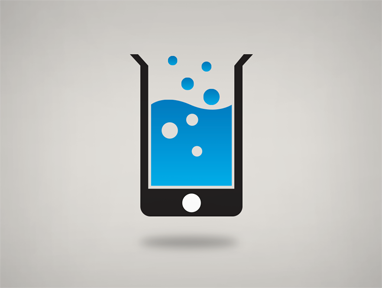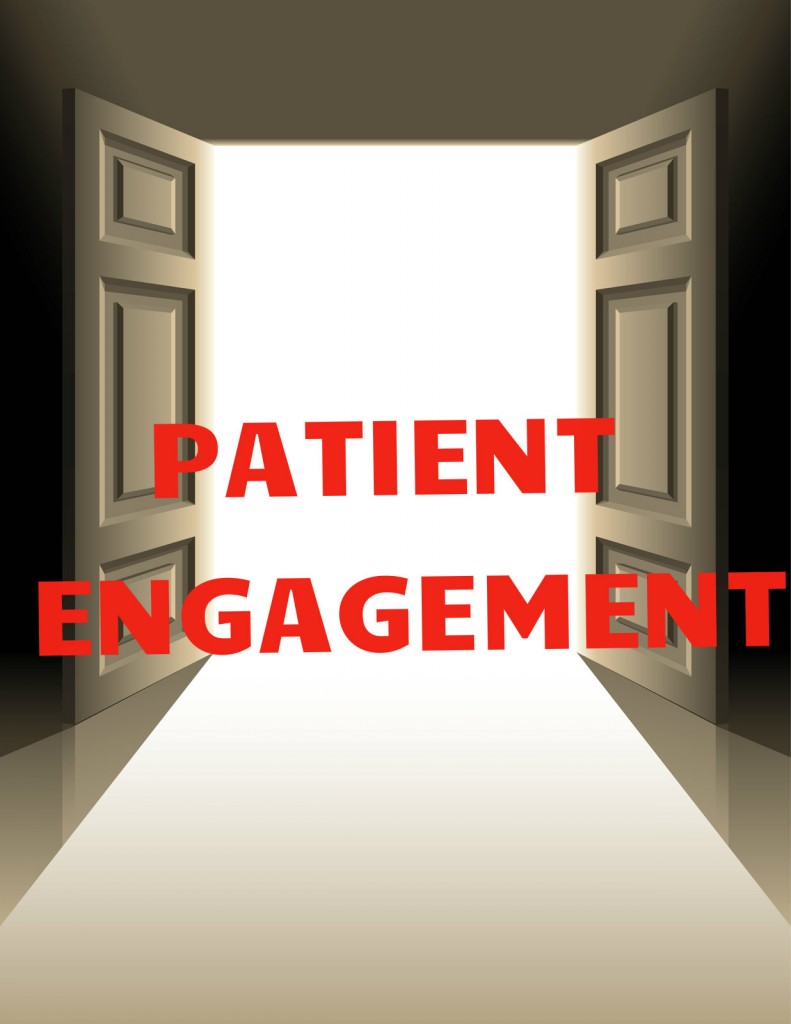How To Leverage mHealth Tools for Patient Engagement

Mobile health or mhealth is the delivery of healthcare services via mobiles. There is a wide range of mhealth tools in use today. These tools may be physician facing, patient facing or those allowing communication between patient-physician. Whether they are sensors within smartphones or wearable devices like watches or wristbands, when paired with a smartphone can allow passive and active collection, analysis, and transmission of data. The passing of the Affordable Care Act and increasing adoption of EHRs (electronic health records) are key drivers of the mobile health trend.
This growing phenomenon of mhealth allows ample leveraging of patient engagement opportunities as communication between patients and providers become convenient and quicker. A more relaxed and informal environment helps them to discuss and work effectively towards improved health, thereby getting the patient engaged.
Patient Engagement Advantages
The main key to robust patient engagement is all about understanding the patient’s health needs, and incorporating them in his care. A patient centric approach with the help of latest mhealth technologies can improve patient engagement strategies. Between communication tools and fitness trackers, let us look at some of the advantages of improved patient engagement via mhealth tools:
-
Increased communication between patient and physician, leading to increased patient satisfaction.
-
Sharing of health information using EHRs reduces hassles of scheduling, insurance payments, accurate information, paperwork.
-
Patient has access to his health data which empowers him with the knowledge of his health condition and helps him make informed treatment choices.The ability to access both personal healthcare information and educational research on medical conditions is a key driver of self-activation.
In a recent study, a mobile phone intervention called FOCUS was deployed as part of a larger multi-component effort called Improving Care Reducing Costs (ICRC). This was the first technology-aided relapse prevention program of its kind for people with schizophrenia. This was designed to help prevent re-hospitalization in people with psychosis who were recently discharged from the hospital; this is a group that is at very high risk for relapse. Early mHealth findings of the study show that 74% of people with schizophrenia were able to use the FOCUS smartphone intervention successfully 3-6 months following their discharge from the hospital. On average, they engaged on 82% of the weeks they had the mobile phone. These results are important since it debunks any misconceptions people may have about the ability or willingness of people to use mHealth interventions.
A recent survey of 2000 patients by Ketchum, a communications firm, revealed that 58% used some form of mhealth tool to communicate with their providers, and 47% of these used fitness and nutrition apps to track health. The survey also indicated that image sharing and artificial intelligence may be targets for fostering patient engagement.
3 Tips for Successful Patient Engagement Strategies
All mhealth tools are useless if the patient is not interested in taking an active role in his health. Thus, patient engagement strategies should be able to,
-
Initiate – patient should be able to initiate active involvement with providers
-
Sustain – patient should be able to continue his association and maybe participate in health related studies/activities
-
Encourage – providers should encourage patients to learn and utilize the tools for improved health outcomes.
Engagement implies active involvement. All parties must be willing to participate and embrace the shift to technology, in order to achieve better outcomes and reduce costs.
Obstacles to Patient Engagement
Successful patient engagement strategies need to consider many parameters in addition to mobile health technology and its tools.
-
Preferences in communication
-
Lack of health information exchanges
-
Adherence to mhealth interventions
-
Familiarity with technology and ease of use of mhealth tool
-
Operational and implementation challenges
Patient engagement has a significant impact on improving quality of patient care and reduce healthcare costs. The evolution of mhealth tools in increasing patient engagement is in its nascent stages but the convergence of mobile health technologies and healthcare is a promising collaboration.





